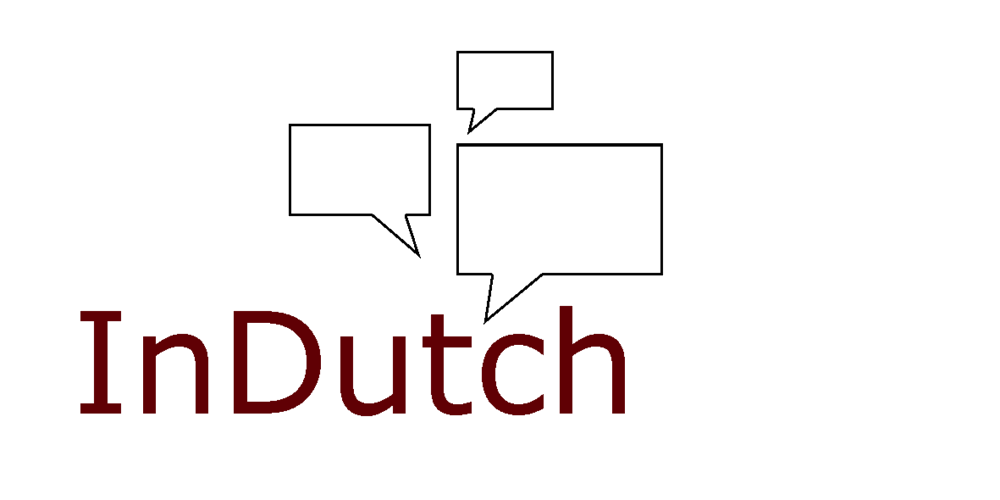How to find a freelance translator
You have a text that you want to have translated and you want to find a translator… It sounds easy, but you will soon find that it is not as easy as you think. At least, not if you care about the quality of the translation. If you want to have a text translated, it is probably because you want to reach an audience that you cannot easily reach with the original text. But if you want the translation to appeal to your target audience as much as your source text does, you do need a translator who has the right skills and who can deliver quality.
You could of course try a translation agency. They have a directory of translators in various language combinations and specializations. However, it is important that you pick a translation agency that will do its utmost to offer you a quality translation at a reasonable price. Many agencies are trying to compete on price and offer you very short deadlines – which sounds good at first, until you realize this work method may lead to low-quality translations. Behind the scenes your text may be offered to a large pool of translators who are not always familiar with your topic or industry and the agency may place the assignment in the hands of whoever accepts a low rate and confirms the short deadline first. More and more translation agencies are using this technique as they feel they need to be fast and cheap to attract customers. Needless to say this will not lead to the quality you expected to receive. So if you turn to a translation agency, make sure it puts quality first.
Would you like to have more control over the individual translator you are entrusting with your assignment and the reputation of your company? Good thinking. First things first: determine exactly who you are looking for - a translator with the right language combination, translating into their native language, and with relevant expertise for your text. Determine the keywords for your search on this basis – e.g. ‘translator English Dutch hardware’.
Google could lead you directly to a translator with specific expertise in your industry. But beware, don’t go for the quickest option and search your translator on general, non-specialized platforms where anyone can register. Professional translators shy away from them since they can’t compete on price with students and housewives who want to earn a little extra. You will most likely end up with a cheap but useless translation – not at all the result you wanted. (Two colleagues did some mystery shopping on fiverr and look how that turned out).
You could try specialized translator platforms such as Proz or Translatorscafe. They have a large directory of translators and you can search on language combination, specialization, country etc. However, many translators feel that even such specialized platforms put price before quality too often and have left them. New initiatives such as The open mic have come into being in an effort to find a better balance between price and quality so you might give these a go. Alternatively you can search the directory of national or local translators associations such as the American Translators Association.
But you can also find the perfect translator for your company on the internet. The correct way of using the power of Google just needs a bit of extra effort – but the result could well be worth it. Use your keywords - search for the ideal translator by googling “translator”, the language combination and a keyword such as the industry or topic. However, you will need to skip the first results, because although Google is a great search engine, the top results are automatic translation websites, followed by general platforms and then large agencies. Since freelance translators’ companies are by definition very small, they will not appear in the first page(s) of your search results. You will need to dig deeper, browse a few pages further in the search results and open a few translator’s websites to find the translator who is best suited. Make sure they translate in their native languages, check their credentials and make sure their expertise suits your needs.
Too much trouble? Not enough time? LinkedIn might actually be the easiest solution. Type your keywords in the search bar (e.g. translator English Dutch IT) and a list of suitable translators pops up. You can filter the list if you want to enter more specifications, for instance if you want to find a translator in your own country, and you can open profiles to see the handy overview of expertise and specializations.
And if you need a translator from English into Dutch specialized in IT, business, marketing or tourism, look no further, you have found her 😉.

